A one-day workshop
Do you (and your fellow committee members) know as much as you should about…
… how audit committees work?
… their vital role in the governance structure?
…assurance and dealing with assurance providers?
…what ‘effective’ means for audit committees?
If you can’t say ‘yes’ to all these questions, you need to do something about it. This programme will help you fill in the gaps and point you in the right direction.
- A comprehensive understanding of all the key elements of the role of the effective audit committee (and of the individual committee member)
- The opportunity to address issues of particular concern to you and your organisation
- Ideas for reviewing and improving your organisation’s approach to risk appetite, risk management and audit committee planning and effectiveness
Expert trainer
Rachel is a highly experienced governance, risk and assurance specialist. She works with boards and senior teams to improve governance and risk management, recognising their core role in delivering value to organisations and stakeholders.
Session outline
This is an indicative agenda – a starting point for a conversation with you. Rachel would be happy to tailor it to your precise requirements.
1. Role and purpose
- Role of the audit committee
- Terms of reference
- Core responsibilities
2. Assurance
- Three lines of defence
- Assurance providers
3. Internal audit
- Action tracking
- Relationships
- Audit planning
4. External audit
- Financial statements
- Working with external audit
5. Risk appetite and risk management
- Risk refresh
- Determining appetite
- Responding to risk
6. Relationships: the board, management and other committees
- Reporting lines and information flows
- Key relationships
- Managing workload
7. Dealing with reports and management information
- Using assurance
- Information needs analysis
- Audit committee work cycle
8. Evaluation and effectiveness
- Traits of effective committee members
- Committee evaluation
- Self-assessment










